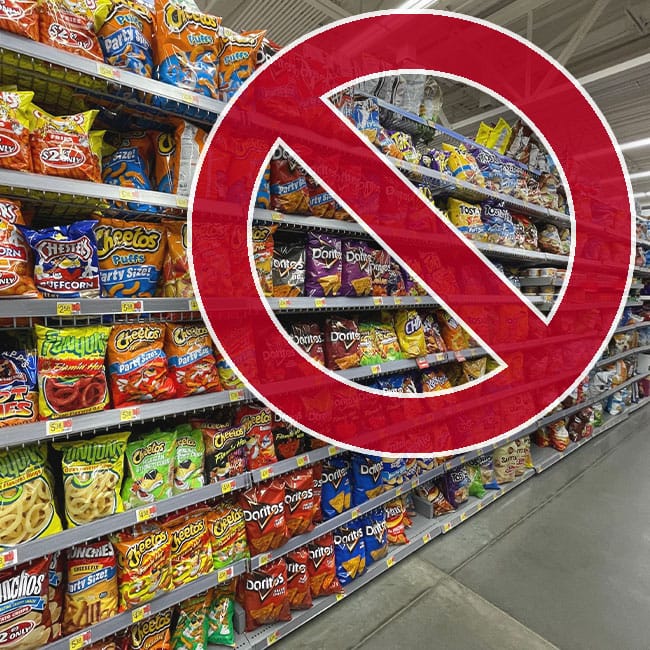This is an archived article and the information in the story may be outdated. Please check the time stamp on the story to see when it was updated last.
It’s ok to eat carbs for breakfast. In fact they’re a great source of fiber and protein. Carbs give you energy and keeps your metabolism on the fat burning track. Obv we’re talking about whole carbs. You know, the ones that haven’t been refined. You must avoid processed carbs at all costs, especially bread. If two slices of toast is your go-to meal, you might be hindering weight loss. It seems filling at the time but bread is actually not filling at all. Soon all of those crusty slices will show up on your body. Bread at any time of day, but especially breakfast, will enlarge your waistline.


“Refined wheat, aka white flour, contains no nutrients and leaves your body hungrier than when you sat down to eat,” says Dr. Marizelle Arce, a naturopathic physician. You probably think that you’re avoiding white flour and only eating the healthy stuff. That’s what we thought. It’s time to really pay attention to food labels. Bread is not healthful if it has less than 4 grams of fiber. Just because a food is described as “whole wheat” or “seven-grain” doesn’t mean it’s good for you. Any food that lists “wheat flour” or “unbleached enriched flour” is pure weight gain promoting junk. “These empty calorie carbs will cause the next meal you have to be stored and turn into fat,” says Dr. Arce. Then comes the sugar imbalance that leads to cravings (mostly of more sugar!), extreme thirst and water retention.

Bagels, too? Yes. They’re just puffy white bread– even the whole-wheat variety. “Eating a bagel actually makes you hungrier because there is nothing in it to fill you up,” says Stacy Goldberg, a nutritionist at savorfull. “And the calorie count in a bagel is astronomical!” The same goes for gluten-free bread. “Unless you have a gluten intolerance, there is no reason to substitute foods for their gluten counterparts,” says Alix Turoff, a New York City nutritionist and trainer. GF versions of your fave bready products are always higher in calories and carbs than the original versions. “If you're going gluten free and cutting out all processed food, that's a different story,” she says, “but don't be fooled by foods that sound healthy just because they're ‘gluten-free’.”

“If you're going to eat carbs at breakfast, the best option is pancakes made with coconut and almond flours instead of wheat,” says culinary nutrition expert, Andrea Wien. “They offer a good dose of protein and fat to balance out the carbs.” Good carbs, also known as slow carbs, are rich in fiber so they release energy into the blood stream slowly and help you avoid spikes in insulin and blood sugar. The fiber keeps you feeling fuller longer, so it may assist in weight loss by helping you avoid hungry snack attacks.

Another great breakfast carb choice is steel-cut oatmeal filled with healthy protein and fiber. The fiber keeps your insulin levels low which may help shrink fat cells. Oatmeal is also chewy and takes longer to eat than other breakfast foods. That means you eat it slowly enough to notice when your body feels full. Top it with fresh fruit, almond milk or a handful of almonds, or a spoonful of low-fat Greek yogurt and drizzle of honey. “People who eat good carbs like oatmeal have more energy, reduced sugar cravings, lose more weight and even have more regular bowel movements”, says Dr. Jennifer Stagg, naturopathic physician.
[Photo: Shutterstock]


























